The World Poetry Movement is a coordination of international poetry festivals, poetry projects and poets from more than 170 countries that, through the globalization and realization of poetic actions, seeks to contribute to the construction of a new humanism for the twenty-first century, permanently promoting intercultural dialogue through the fraternal and universal language of poetry, a path to the transformation and renewal of consciousness, for the benefit of a humanity at peace, reconciled with nature and aware of both cultural diversity and the sense of justice and social inclusion in the processes of cultural development of all the inhabitants of the planet. Through the 1st half of 2023, the WPM held 4 virtual congresses, in Africa, Asia, Europe and America. In July the Movement had its 1st World Congress Face-to-Face, in two countries consequently; Columbia and Venezuela, along with two international poetry festivals, attended by 70 international poets and almost 300 poets from the two nations.
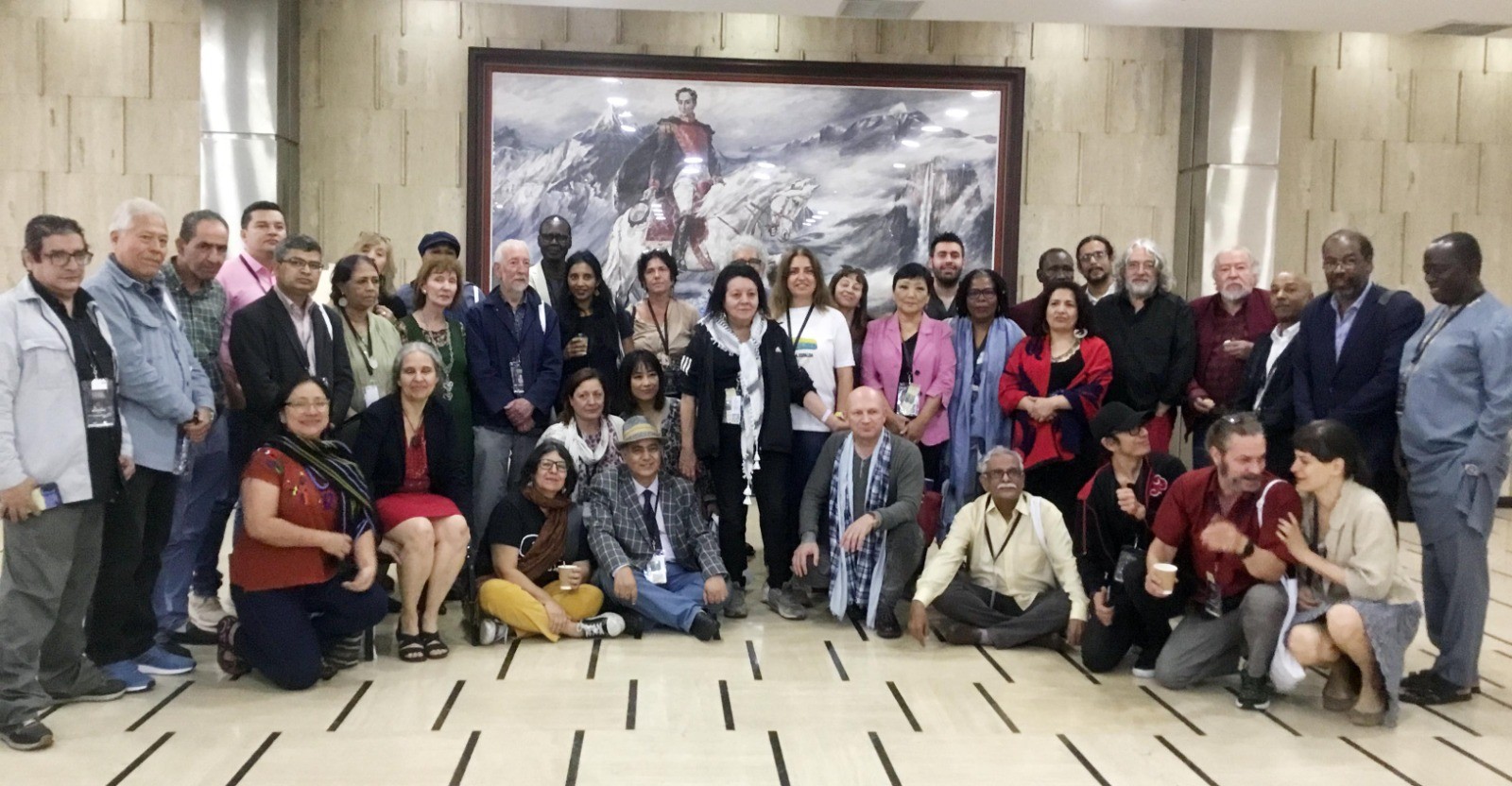
On July 13, 2023, in Medellin, Colombia, the World Poetry Movement (WPM) Congress began with a welcome and approval of the agenda. Poet Fernando Rendón (Colombia), WPM General Coordinator welcomed the participants of the Congress, celebrating the warm and fraternal moment, giving guidelines from WPM in a continuous growth, from the action of poets in a world full of difficulties, from the songs of primitive, ancient peoples, which gave root to world poetry as we know it today. Poets from America, Europe, Asia, Africa and Oceania are present today in this Congress, he said:
“Poetry is the manifestation of our spiritual history. The meanness of the world has crossed nations, centuries of spilled blood. Poetry recovers for the world human dignity, multiplicity, plurality. The spirit of nature will return, as poets we are not the saviors of the world, but we will do our task, to recover the lost language, the fire of the collective soul. To bring about a worldwide poetic revolution, through poetry festivals, translations and book editions, poetry schools and communication processes. 12 years ago, in July 2011 in this hall WPM was founded and today has a presence in 130 countries. At this time there are more than 60 actions taking place in honor of the Congress. We are in the same world, on the same day, destined for life and liberty. We can act with lucidity and strength.”
He concluded: “It is necessary to commit oneself, to establish an alliance of poetic and spiritual energies. It is not a political movement. The national leaderships act together with the continental coordination, with a global approach, tasks and objectives, horizontal relations and vertical purpose. A strategic plan has been presented and will be discussed and approved in this Congress. It is necessary to strengthen the actions of WPM in each continent.”
Poet Freddy Ñáñez (Bolivarian Republic of Venezuela) highlighted the fact that poets are meeting in person by dint of perseverance, love for poetry and the word. He recognised the great work of the WPM directives to maintain this cohesion and the possibility of moving on to a new stage, recognizing and congratulating each and every one of the delegates of the virtual congresses where a plan and a memory of the territories were built, with the capacity for work and commitment.
He explained: “There is a long way to go in the countries. Poetry moves as life moves, in the immediacy of a world without a soul. When the world has collapsed in spirit, it staggers. Poetry becomes the great possibility of restarting everything, and returning to myth. It incorporates idiomatic and cultural diversity, making a different world. The strength of building community, the importance of WPM in the world, not only in contemporary literature, but as an alternative that contains the inclusion of political and ideological worldviews, to maintain cohesion and unity within so much diversity. Within diverse positions, it seeks nuances. That is the strength of WPM.”
His final remark was focused on what is demanded of poets and artists today: “ It is their commitment to life, the possibility of being useful and rendering a strong and important service to our peoples and humanity, to advance in a common plan, with the specificities of the WPM and guidelines that enhance this cohesion and give it strength for the future, from the concrete of the impact of poetry in the communities. The School of Poetry in Venezuela has impacted 2500 young people from secondary schools involved with literary creation and reading.”
He confirmed that the target audience should be the youth: “We have a concrete agenda of actions and cooperation between the different experiences that have built this WPM. It feels proud, pleased and fortunate, that privilege is transformed into responsibility. Continue debating and building. If we keep dreaming, we will have more poetry and a better humanity.”
Giving continental reports started from Asia, with poet Rati Saxena, India who said it is a historic event where different countries communicate face to face and share their differences. WPM Asia, the largest continent of all has a diversity of languages, cultures and philosophies, which ultimately become one: connected through the heart, despite a history of love and hate relationships. A work of bonding has begun, through the grassroots committee, twinning and organizing internationally and although languages can be a drawback, in this case they have been a vehicle of brotherhood. The power of Asian poetry is great. Actions: two Festivals, two workshops.More work will be done with Malaysia, Pakistan and India, she said.
Ayo Ayoola-Amale, WPM Africa, said that a woman in Africa is the mother of humanity, she gives the report of each territory: events apart from the Congress led by the different coordinators of Africa, poetry congresses and hard work, seeking to bring together their entire continent.
French poet Francis Combes, WPM Europe said: “Poetry unites us from nature, which is torn between love and war, our strength is such that we consciously assume our destiny. Poetry is an approach to nature, a word with rhythm, the pulsation of life and heart. It is the heritage of the ancient and the language of the human and the imagination, the child redefines its history. We take the elements to give a human sense of freedom, they are feelings of the world. In our Congress was attended by 40 countries, there was a discussion and disagreements, but they are very united and passionate about nature and love of life, it is not political, this movement with poets from around the world listen to each other, respect for individuality to expand with poetry.”
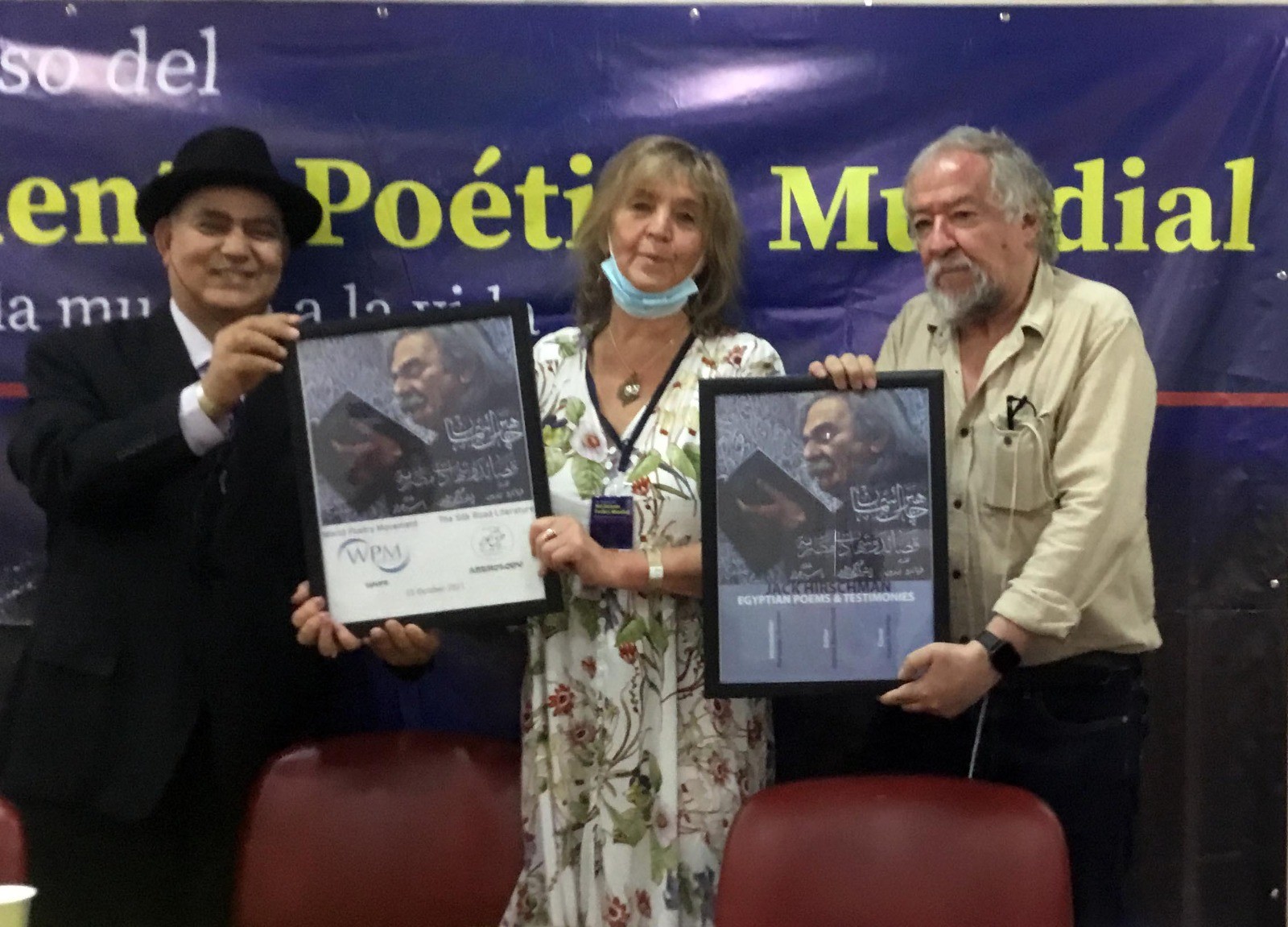
Columbian poet Oscar Saavedra, WPM America focused on the present and future journey of collectivity, collective singing, free speech. WPM nurtured by the diversity of voices, we are all different in our particularities, inhabitants of the Earth. It is not easy to shoot words when your heart can be hurt, WPM has been a lighthouse in the fog that becomes light, from the inclusive, our policy is poetry, militancy poetancia, one is what you do, not just what you say. Solid network, collaboration. The countries of America converge.
He said that emerging poets find a place, free and sovereign word. Poetry schools, universities, multiple paths for future generations, social networks and pages (Venezuela, Chile, Ecuador, Colombia and Honduras): “In Colombia there are more than 130 poets have joined, from a creative energy in tasks of poetic pedagogy (workshops, talks, educational projects that multiply).”
Poet Vaughan Rapatahana, WPM Oceania, who joined via Internet, talked about actions that have been taken over time for a group of poets to take part, 12 representatives plus coordinators, networking, website. Poetry publishers, tangible achievement, involved with South Asia for a publication, statement of principles, emphasis on promoting and collaborating through poetry. In Australia, defunded literature by governments, poetry publishing has been affected. Poets have developed actions of new forms of poetry. There are self-directed poetry groups and print and online publications. In New Guinea (Papua): there are many publications involved in community, poetry, others need more resources and sponsorship to make this possible.
TRIBUTE TO JACK HIRSCHMAN
Fernando Rendón gave a biographical sketch of the honoree, founder of WPM. American Swedish poet Agneta Falk Hirschman described a context about the late poet; and read a poem for him written on his birthday. French poet Francis Combes read a poems to Jack, and so did poet Ayo Ayoola-Amale. A present is given by Ashraf Aboul-Yazid, the representative of Egypt to Agneta and WPM. The two front and back covers of the Egyptian anthology on Jack Hirschman, illustrated by artist Yassin Harraz.
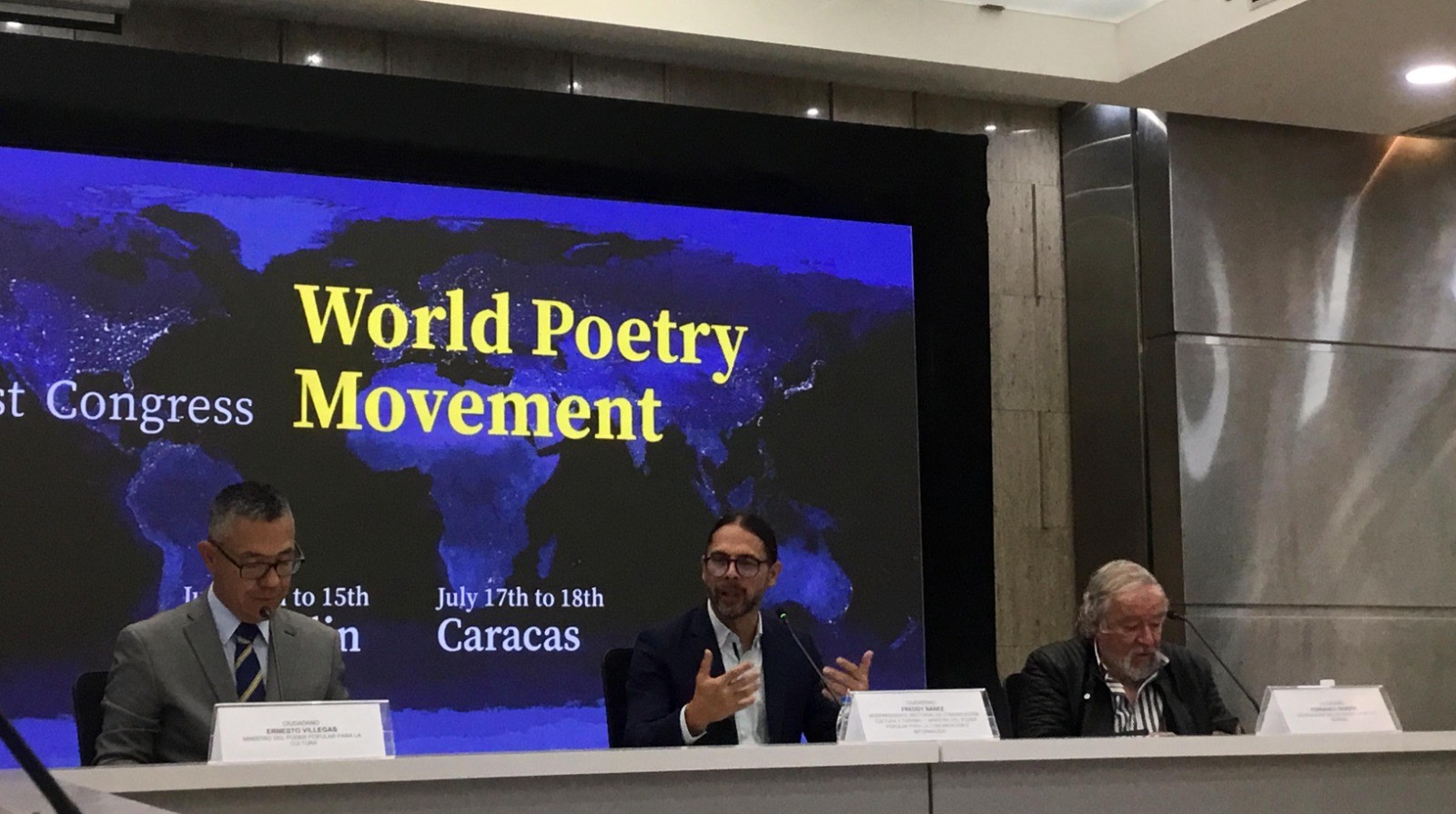
The afternoon session had the interventions of Ana María Oviedo (Bolivarian Republic of Venezuela), Nurduran Duman (Türkiye), Nicole Cage (Martinique), Nese Yasin (Cyprus), Shivani Sivagurunathan (Malaysia), Enrique Sánchez Hernani (Peru), Nicolás Antonioli (Argentina), Imdad Aakash (Pakistan), and Achour Fenni (Algeria), Rosa Chávez (Maya Nation, Guatemala), Oumar Farouk Sesay (Sierra Leona), Alexandra Cretté (French Guyana), Altynai Temirova (Kirguistán), Vadim Terekhin (Russia), Mónica Lucía Suárez (Colombia), Sonja Manojlvic (Croatia), Tarek Eltayeb (Sudán), Paul Lian (Nigeria), Antoine Boulad (Lebanon), Nimrod (Chad), and Sue Zhu (China).
In my word, I said In writing poetry, we dream. Our dreams are the trees to give the shadows of peace, the fruits of hope, and the strength of roots. This is what I wrote in the WPM Magazine (Poetry Planetariat), and I believe you agree with me. In the first World Congress of the World Poetry Movement, our dreams are invited to communicate. We all seek ways to grow our noble dreams to help our suffering societies. The World Congress is our chance to support these dreams, to let them come true. Different languages will not stop our mutual understanding. Varied cultures will not obstacle our cooperation, and differences of opinion will not keep us silent. We are here to give voices to our dreams, to make them real and human.
For the 6 years, I have been trying to bridge between world poets. This could be observed in the Silk Road Literature Series and Anthology. In the series there were books published in Arabic and English from different continents. The Silk Road Literature Series was launched in 2016. In 2021 it started the Anthology editions. The previous themes of the Anthology editions were “Asia Sings”, “Mediterranean Waves”, Ancient Egyptians, Modern Poets”, “Arabian Nights, World Poems” and “Nano Poems for Africa”. They were all Multi-language books by hundreds of poets in the 6 continents.
Away from editing the Anthology, I have been translating and publishing poems and books by world poets, such as Hemant Divate (India), Ko Un (Korea), Cho Oh-youn (Korea), Manhae (Korea) and Alexandra Ochirova (Russia). My most recent work of translation is the anthology of Four Hakka Poets from Taiwan.
I feel that poets in Egypt are not active enough, as they are busy with local passages under the umbrella of official institutions that they may be fruitful for them to obtain some authority, so I greet and appreciate those few Egyptian poets and artists who joined The Jack Hirschman Egyptian Anthology, especially Deema Mahmood who has been active to the WPM activities in Egypt. She also wrote a message to WPM 1st Congress asking to include special attention to the deprived scales of citizens; focusing on the groups of people with special needs for poetic events and attract them in a double role to support them in communicating their voice and needs on the one hand, as well as to reveal their different talents, not just poetry, and make them an integral part in these events; whether they are children, women, street dwellers, people with serious illnesses and diseases of old age, the poor, slum dwellers, and others.
Recently, The Anthology project became a part of World Poetry Movement -Egypt activities, which I am always keen to promote in many languages across Asia, Africa and abroad. On the 2nd day, Fernando Rendón opened the second session of the WPM Congress, giving the floor to the Cuban poet Alex Pausides who expressed his joy at being reunited with friends. Thanks on behalf of the Cuban poet Nancy Morejón to Fernando and Francis for supporting him in Paris, special greetings were given the poet from Palestine, Hanan Awwad.
His speech raised how hegemonic forces turn cultural work into merchandise and not in the value of its creative process. WPM becomes a singular force, with scopes, goals and contributes to the creation of beauty for human betterment, spice and life on earth. It is necessary to articulate poetic actions to safeguard the world. It is also necessary to encourage literary creation, reading, pedagogical projects, the search for material sustainability of the projects. To exalt the native peoples. To care for the heritage of popular culture. To appreciate particular cosmogonies. Everything brings to the MPM a singular look and an autonomous positioning: “Diversity makes us a single articulation. Each region developing its own actions, as a singular mosaic. Presence of a national and regional agenda, to invite countries that can be incorporated. To seduce the academy to favor a material support to the exchange. “
Rati Saxena (India) thanked all those who support this Congress. She thanked Alex Pausides for his speech. She said : We should expand the national chapters to invite more poets. Connect with small countries and attract them. Give importance to languages, so as not to lose them, since each language has its own poetry and we cannot allow them to be lost. Try to print more and more books, working for society, we are not an elite class, we must work for the people. Working for peace against war. To have our own satellite network site, for better communication and united web pages, with translations incorporated. Try to have more poetry festivals. Taking care of the rivers and the land, also taking care of the insects, the environment. Transgender poetry, they are different poets without status, it is important to give them a voice.”
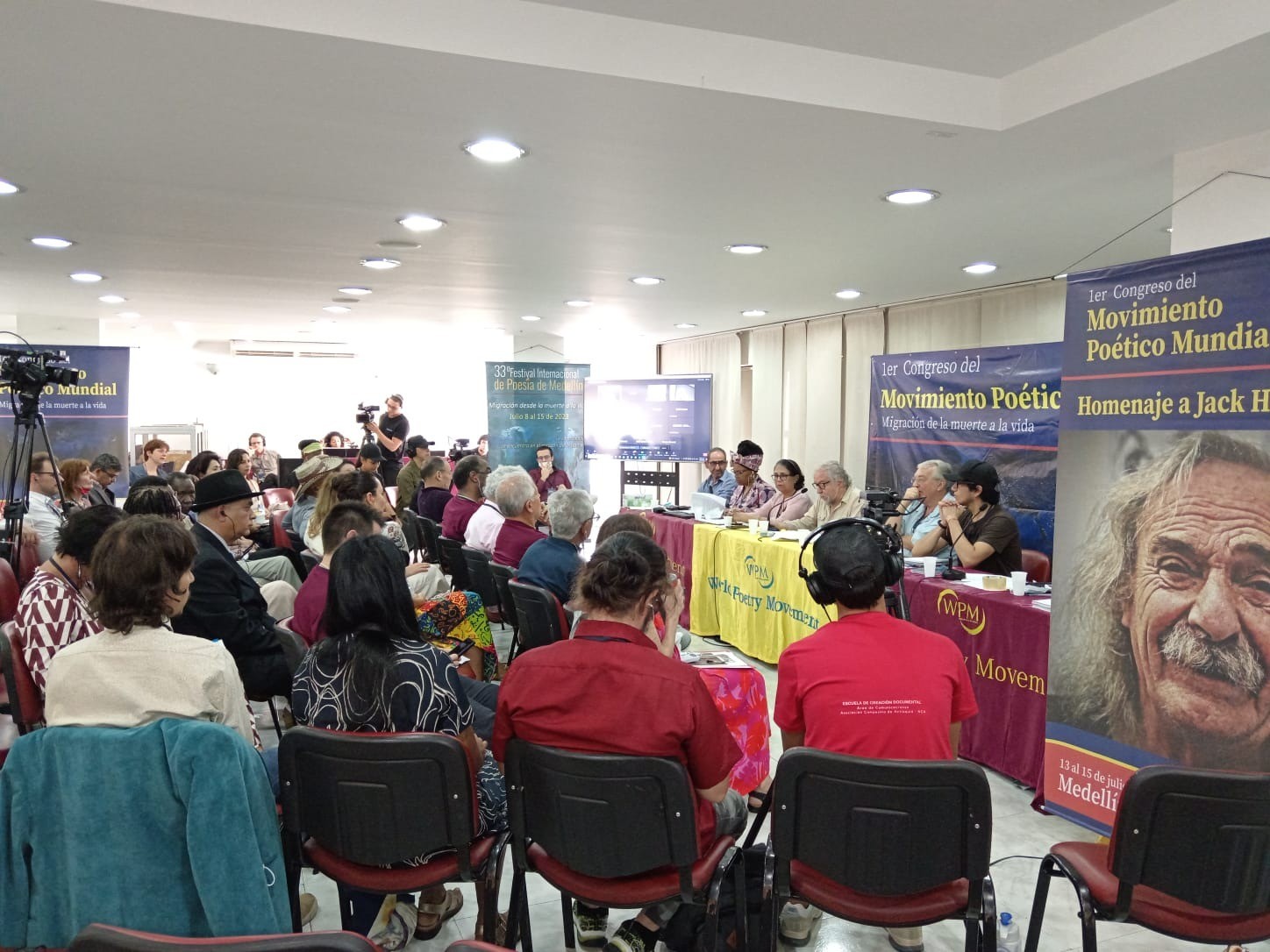
Fernando Rendón presented Ángela Beltrán, representative of the Ministry of Culture of Colombia, who announced that the Colombian government is seeking a profound reconstruction for the establishment of peace. She is grateful to be present and to have listened to the poetry, awakening in her the sensitivity towards poetry, which should be for everyone. In a country where violence is present from different positions and senses, poetry is a tool that allows us to connect from the sensitive. For the government it is wonderful to accompany this event and give support, which, although limited, is a commitment to poetry, convinced of strengthening the relationship between the arts and the school, which improves access to creative processes. We are beginning to talk about poetry schools in Colombia, forming a national system of artistic and cultural training, with key strategic axes, fundamental in the construction of peace. Accompanying social changes through culture. We bet on a culture of peace, with deep transformations, giving an agenda to anti-racism, so that a poetics and a comprehensive culture can grow. To build spaces for reflection where we work together, so that the arts contribute to the formation of sensitive human beings. The decision to protect our planet and life in all its forms.”
Rosa Chávez (Maya Nation, Guatemala) moderated the first part of the dialogue, invited the speeches of Claus Ankersen (Denmark), Siphiwe Nzima (Lesotho), Boubé Saley (Níger), Alexis Bernaut (France), Ismael Diadie (Mali), Ali Al Almeri (Jordan-Palestine), Ashraf Aboul-Yazid (Egypt), Ayo Ayoola-Amale (Ghana), Keshab Sigdel (Nepal).
Fernando Rendón clarified that the WPM has never been taken lightly, that the fact that this Congress is active and is the basis of a more powerful stage of the movement. It is also the fruit of the Medellin Poetry Festival, of 1800 poets, 187 countries, for more than three decades. Not individuals, but collectives. There cannot be a single member of the coordinating committee who does not have a job. With Monica Lucia, in Colombia, 40 joint poetic actions were deployed, as well as Cuba, India, Venezuela. Tasks resulting from an agreement. WPM Strategic Plan Fernando Rendón presented the Plan, which contains a WPM mission: it involves promoting poetry and dialogue between cultures, fostering creativity and disseminating it, working in collaboration with social institutions, communities and peoples. Men, women and children participating in workshops, poetry readings. The whole world as WPM. Accompanying human beings.
The Plan’s Values are freedom of expression, cultural diversity, world peace, creative dialogue, defense of nature, sustainability and social commitment, democracy, plurality, diversity of expressions, fight against fascism, inclusion, cultural and linguistic diversity and gender. A coordinating committee will be formed: 21 people (five from each continent) and an operational committee.
Freddy Ñáñez portrayed the evolution of this Congress, number of ideas that contribute to the contents of WPM that point towards action. There is a real possibility of articulation and work. From art we offer a plus, a contribution to humanity. Writing poetry we fulfill our role, the common factor is the inequality of opportunities and the lack of equity in basic conditions. A generalized social problem. Poetry is the lighthouse and the light, poetry schools can be the spaces of liaison with governments and states, crisis of values, ethics and civilization, which does not see the ecological, cultural and educational impact. Poetry itself is the place where opposites are moderated. The poem as a tool in a classroom has a pedagogical dimension. Understanding that what is offered is true. Effective application of what can be contributed in the educational field. The document contains the ideas, definitions and planning: Articulation of poetic actions to measure impact and present indicators. Based on quantitatively measurable actions from a higher qualitative action such as poetry. Capacity for concreteness. Capacity for local dialogue with its global potential. Real, serious organization with one or two unified projects. Measuring tools. Pedagogical project as a great project that has greater possibilities of being strong politics, World School of Poetry. On-line virtual connection. It has the possibility of giving work to 60 paid national poets. Inserted in the formal school. Systematization. And publishing project to circulate books. It is complex because a WPM publishing model must be sought. Digital publishing as an alternative, translations. There is a powerful school of born translators in WPM. Inclusive, incorporate writers into WPM. Communications for cohesion and unity of WPM, must be effective, beyond chat or online connection, spaces to make WPM visible, IP channel, communicators. Online workshops, tutorials. Defense of mother earth, human rights from poetry. Diversity, leaving western visions and making the struggle for human rights a truth. There is no humanity without nature. There are visions about nature and we can write about it. To preserve our autonomy as WPM but contributing to society.
There were comments from Sándor Halmosi (Hungary), Maribel Mora Curriao (Nación Mapuche, Chile), Oumar Farouk Sesay (Sierra Leona), Liliana Marentes (Colombia), Khalid Raissouni (Morocco), Agneta Falk (Sweden), Imdad Aakash (Pakistan), Bárbara Pogacnick (Slovenia), Shirani Rajapakse (Sri Lanka), Melissa Merlo (Honduras), Francis Combes (France), Vadim Terekhin (Russia) Gerry Loose (Scotland) and Achour Fenni (Algeria). The 1st WPM World Congress has continued its meetings in Caracas, Venezuela, after a flight journeying from Medellín, inaugurated by Freddy Ñánez (Vice President of the Bolivarian Republic of Venezuela)
Who transmitted a welcoming hug from President Nicolás Maduro, who also provides all the support to have the best conditions for the festival. "They came to a country where political leaders read poetry, and some even believe they are poets, in a country in revolution. Within the constitution there are laws adjusted to the highest ideals, in the prose some turns of beauty that speak to us of utopia."
He gave way to the Venezuelan Minister of Culture, Ernesto Villegas; who read a poem by his father, dedicated to death. The public agenda is opening up to poetry, to life, to peace, it is possible because the people of Venezuela have earned it. The story of war, death and destruction is changing, because the people in the streets stopped the civil war. Venezuela is a poet people, it deserves all the applause. It defeated fascism in the streets. It defeated the collateral measures, generating social wounds that have not extinguished poetry. Poets will accompany this people and their testimonies, and their struggles: "Be welcome to our realities, not to that of an inert country, but to a living country, with living cultural dynamics, with morals and dignity intact. Looking ahead to all the peoples of the world."
Moderator Ana María Oviedo (Bolivarian Republic of Venezuela) welcomed the participants and reports on the actions taken in Medellin to implement the Strategic Plan. We listened to Freddy Ñánez (Bolivarian Republic of Venezuela), Francis Combes (France), Fernando Rendón (Colombia), Anna Lombardo (Italia), Rati Saxena (India), Luis Filipe Sarmento (Portugal), Yvonne Weeks (Montserrat), Oscar Saavedra (Chile), and Ali Almeri (Jordan-Palestine)
The Strategic Plan has been approved in full and without discussion. Fernando Rendón mentioned that the highest authority is the Congress, above all, decisions must be made with full conscience. He requested to act in harmony, in agreement and with full conscience with this plan. Expresses that the Plan will be applied in each country to the extent of the possibilities and adaptations, establishing priorities. The world school of poetry is urgent in each country. It is necessary to act hand in hand with progressive governments, such as Venezuela's, with friendly governments, and to obtain unprecedented support. He also thanked the television channels that have made the Congress possible. He proposed to work with agreements and with responsibility in the change of direction.
Since the Plan has already been discussed, he proposed to vote for the structure to carry out what has been planned. The organizational structure is the one that will link us and give us visibility. He proposed to reflect on how to replicate the world school of poetry in each country.
The International Coordinating Committee in the world will have Achour Fenni, Siphiwe Nzima, Ashraf Aboul-Yazid, Ayo Ayoola-Amale, Tarek El Tayeb, and Nimrod. in Africa. Rati Saxena, Keshab Sigdel, Vadim Terekhin, Ali Al Ameri and Jidi Majia for Asia. Francis Combes, Anna Lombardo, Ataol Behramoglu, Sandor Halmosi and Luis Filipe Sarmento in Europe. And for America there will be Alex Pausides, Freddy Ñañez, Rosa Chávez- Maribel Mora, Oscar Saavedra and Agneta Falk. The Oceania will have Vaughan Rapatahana and Sue Zhu. The Operating Committee is constituted as follows: Achour Fenni, Siphiwe Nzima, Rati Saxena, Keshab Sigdel, Francis Combes, Anna Lombardo, Vadim Terekhin, Freddy Ñáñez, Fernando Rendón and Gloria Chvatal is confirmed as WPM Communications Director.
Photos: • • WPM 1st World Congress in Caracas • The two frames of front and back covers of the Egyptian anthology on Jack Hirschman illustrated by artist Yassin Harraz, presented by Ashraf Aboul-Yazid, to Agneta Falk and Fernando Rendon. • Group photo of most poets participating in WPM 1st World Congress, Caracas
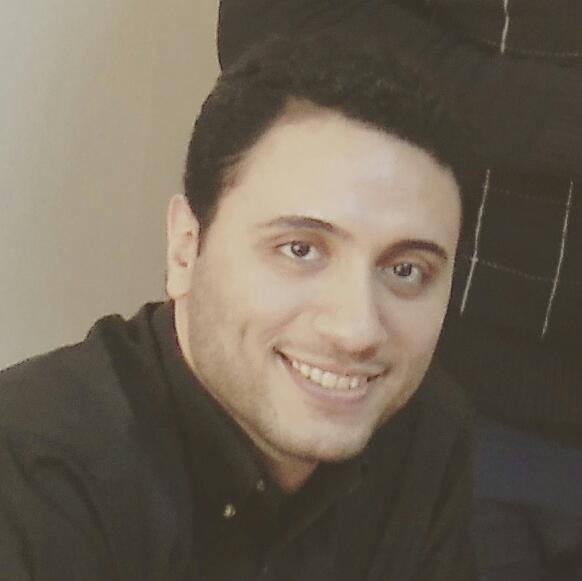
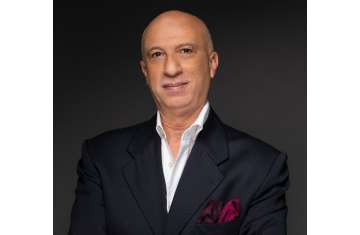


Comments